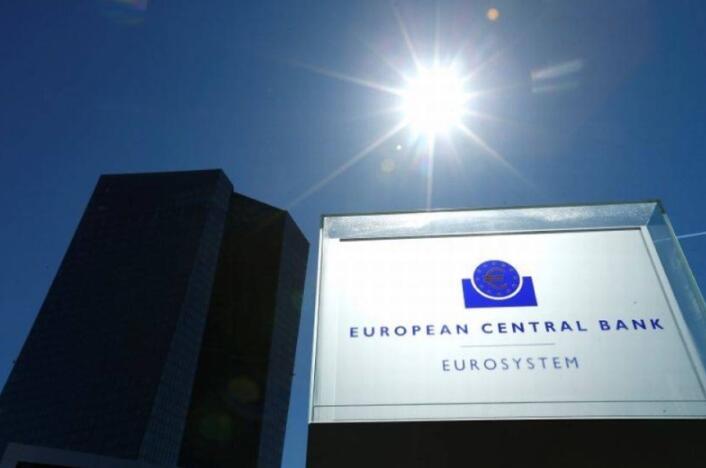Bundesbank President Nagel rejected the ECB's pledge to provide fresh support for the heavily indebted southern euro zone countriesat an emergency meeting last month, sources familiar with the matter told Reuters, renewinga rift between theECBand its biggest shareholder. warming up.
European Central Bankpolicymakers pledged at an impromptu meeting on June 15 to buy more debt from heavily indebted countries to stem the widening gap in borrowing costs between them and Germany.The European Central Bank is preparing to raise interest rates.

But Nagel disagreed with the decision, arguing that the ECB's focus should be on fighting high inflation, three sources said on condition of anonymity.
Spokespeople for the ECB and Bundesbank declined to comment for this article.
The virtual meeting was given only a few hours' notice, the sources said, meaning governors had little time to review preparatory documents and not everyone could attend.
ECB policymakers who spoke after the meeting included Pierre Wunsch of Belgium and Klaas Knot of the Netherlands, two key policy hawks, who backed Lagarde (Christine Lagarde) President's commitment to fighting division.
That means Nagel's opposition is unlikely to be an insurmountable obstacle.
But this is the first apparent disagreement between Nagel and Lagarde since taking office in January.
Under Nagel and Lagarde's predecessors, Jens Weidmann and Mario Draghi, the Bundesbank has been the ECB's biggest critic of loose monetary policy for years.
Lagarde and Nagel have since tried to bridge those differences, with the former giving central bankers a greater say in policy meetings and the latter avoiding public criticism of decisions.
But Nagel is under pressure at home because of Europe's highest inflation since the 1970s and the perception that ECB policy is aimed at supporting indebted countries such as Italy and Greece rather than controlling prices.
The ECB is trying to pull yield spreads lower by using yields from maturing bonds of Germany and other Nordic countries to buy more Italian, Greek, Spanish and Portuguese bonds.It is also working on a new tool to buy more southern European bonds with fresh money.
That could keep Germany's bond holdings at the ECB below its limit, as future purchases of second-tier countries' bonds are unlikely to increase core bond purchases, the sources said.
Also, if the Bundesbank is forced to sell German bonds to offset purchases from elsewhere, it will lose money - although such sales are unlikely at the moment.
Sources told Reuters the ECB would prefer to withdraw cash through "liquidity-absorbing" bank auctions rather than outright bond sales.
A new vehicle to buy more southern European bonds could come with conditions, such as the ECB's belief that a country's debt is sustainable or that the country complies with the European Commission's fiscal rules and economic advice.




